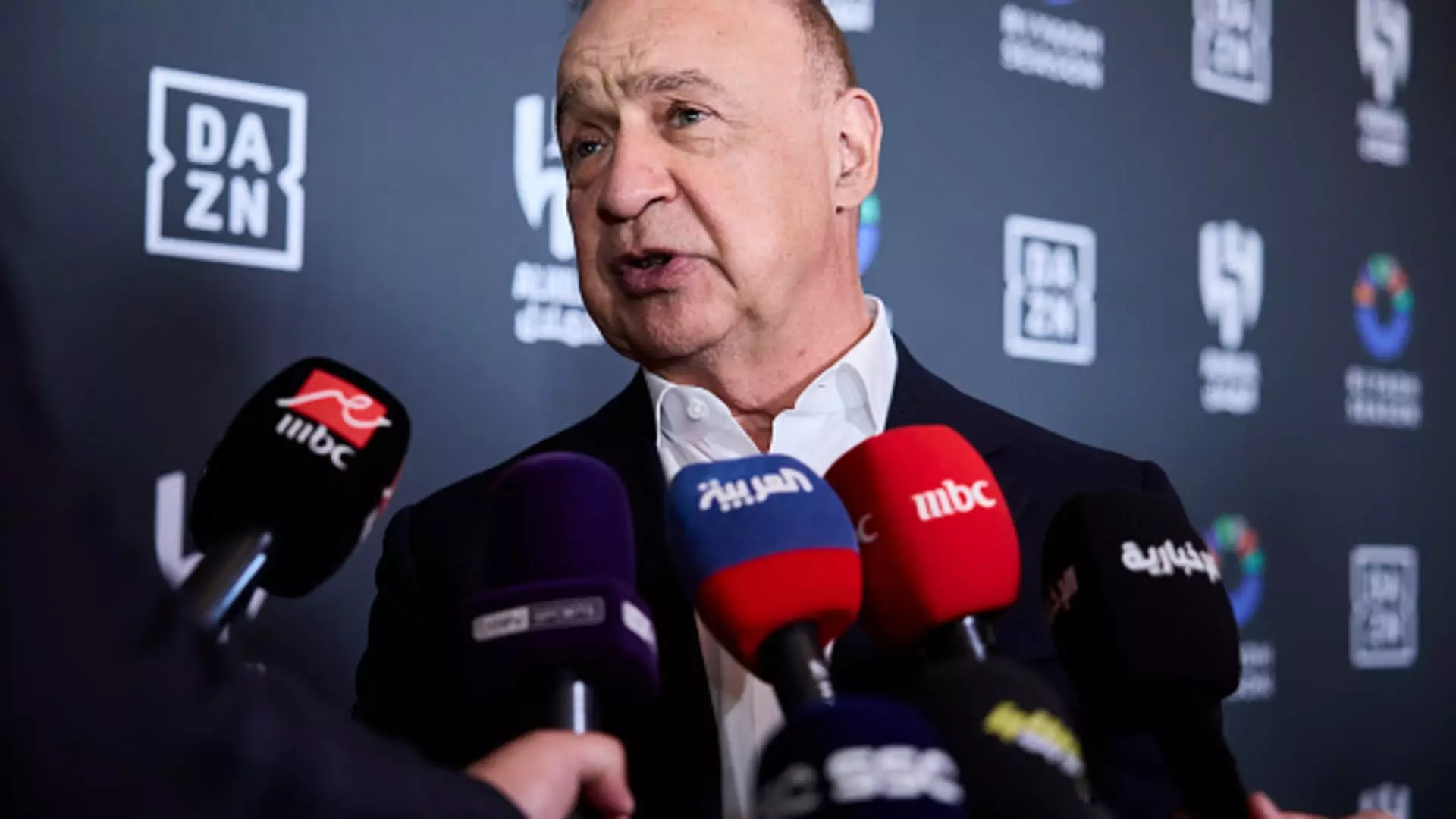As we traverse through the ever-evolving landscape of wealth management, it becomes evident that ultra-rich family offices are navigating increasingly turbulent waters. The recent volatility in global markets, stemming from President Trump’s sweeping tariffs, has led these affluent entities to exercise caution that is markedly atypical for them. There’s something unnerving about this hesitance—a sign that even the wealthiest investors are not insulated from the tentacles of economic uncertainty that creep across borders and influence markets far and wide.
According to Fintrx, a private wealth intelligence platform, these family offices experienced a staggering 45% year-over-year decline in direct investments in March. With only 40 investments made in that month, it’s hard not to see a reflection of growing trepidation among the ultra-affluent as they reassess the implications of a trade war that threatens not just their immediate returns, but the very viability of their long-term investments.
The Tariff Shadows Looming Large
The tariffs imposed by the Trump administration sent shockwaves through the investing community, particularly among family offices who, unlike other investors, often adopt a more deliberate approach to capital deployment. With a baseline 10% duty looming over nearly every country and rates reaching upwards of 46% for nations like Vietnam, it’s no wonder that these entities have pressed the pause button. The staggering implications of these policies go beyond mere dollars and cents; they hint at growing geopolitical tensions that could reshape the global trading environment.
Vicki Odette, a partner at Haynes Boone, sheds light on this matter, pointing out that many families are forced to evaluate the resilience of their portfolio companies. Will these companies be able to distribute returns or strategically exit without hemorrhaging value? The ripple effect of tariffs is not merely a local phenomenon—it reverberates globally, making investments abroad that much riskier and more complex to navigate.
The Slow Dance of Family Offices
In a landscape where speed often weighs heavily on success, the current strategic pause observed among family offices raises significant questions about their future moves. Families invested in sizable portfolios are arguably empowered with more foresight, yet the added pressure of competing interests creates a paradox—less urgency amidst grave uncertainty. As counter-bidders vanish and the specter of adverse economic conditions hangs overhead, it becomes a game of chess where every move must be calculated with surgical precision.
Interestingly, the current tumult has not entirely stifled family offices’ appetite for investment. Instead of shying away and waiting for clarity, these ultra-rich entities are displaying a cautious pivot toward private credit funds dealing in short-term loans. It seems they are leveraging this moment to consolidate their resources in ways that might yield results even amidst a sluggish broader market.
Global Perspectives Amidst Local Uncertainties
In what is often characterized as an interconnected global economy, one can’t overlook the anxieties surfacing among Middle Eastern family offices traditionally both eager and willing to invest heavily in the U.S. and Europe. The question buzzing through their minds seems to be: “How will this increasingly complex situation affect global relations?” Such reflections underscore an influential reality—that the domestic policies of one nation can cast long shadows that stretch across the globe, prompting hesitation even among the wealthiest investors.
This kind of investment anxiety isn’t merely a concern for the mega-rich; it illuminates a broader narrative about wealth, responsibility, and the intertwining fates of global economies. How these ultra-rich families respond to not only such tariffs but the slowing pace of investment streams may well serve as a bellwether for how future generations approach capital allocation in an era marked by recklessness as well as caution.
The family office landscape looks markedly different in this uncertain climate. The ultra-wealthy’s decision-making processes now carry consequences that stretch far beyond their immediate financial interests. As they navigate these rough seas of investment anxiety, the question remains—what will the fallout be, not just for their portfolios, but for the economies tied either directly or indirectly to their vast wealth?



Leave a Reply